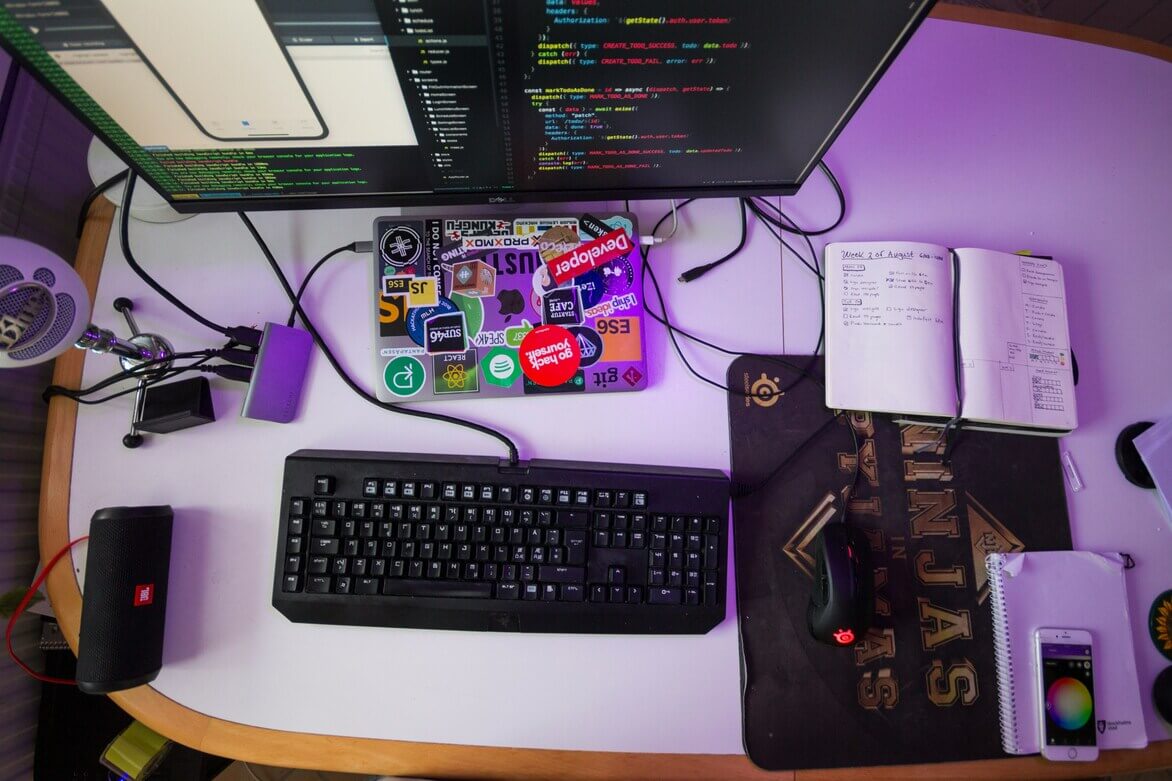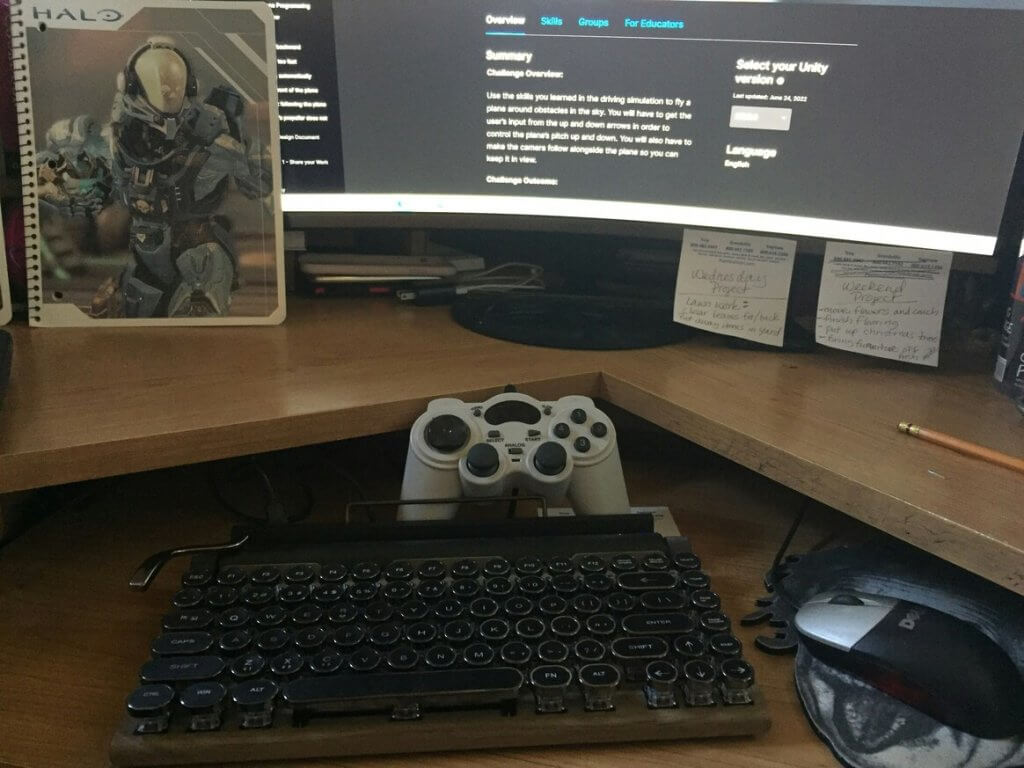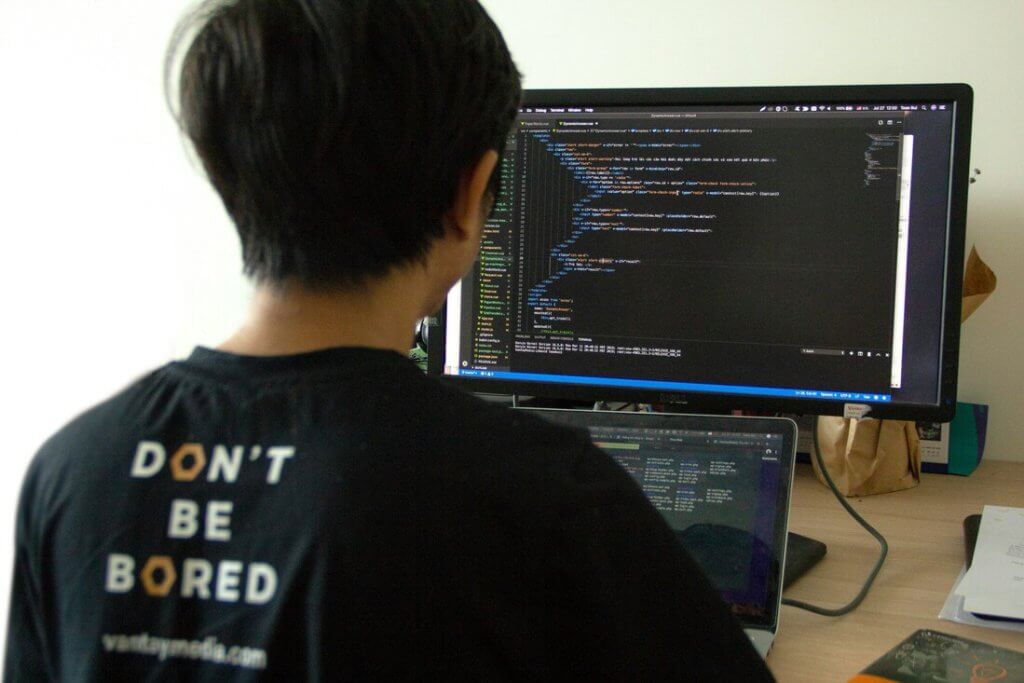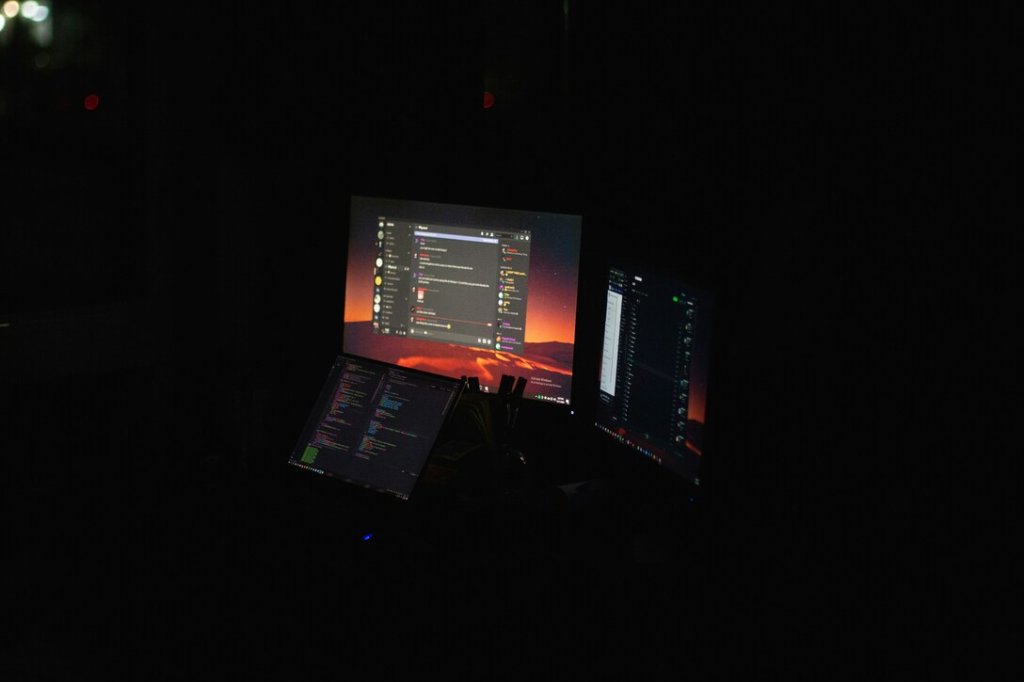Anyone looking to enhance their game development skills by studying a SAE Games degree will be hoping to embrace their creativity.
The aim of working for game companies is to open up opportunities within the video game industry and hopefully secure a dream job. Not only will studies lead to a thorough understanding of how to develop compelling stories, engaging gameplay and immersive worlds but also the essential tools to make this work within video game development – so an understanding of industry-standard software packages, such as Unreal Engine 5, Unity 3D, Adobe Creative Suite, Autodesk Suite (Maya) and Visual Studio, plus expert proficiency in programming languages C# and C++.
Another essential part of the production process for aspiring game developers and designers to understand is the concept of ‘crunch culture’, a working practice that is all too prevalent in development teams within the gaming and creative industries. Developers find that this often puts unrealistic demands on their abilities, often resulting in long hours and unpaid overtime.
In our blog, we explore the realities of crunch culture in the gaming community, what it means for emerging talent, why it happens and what needs to change within the gaming industry for it to be alleviated.
What is Crunch Culture in the Gaming Industry
An integral part of the toolkit you learn when studying your game development skills is to handle the gaming world’s working environment.
While creativity is an important element in the make-up of a developer, programmer or game designer, avoiding burnout and prioritising positive mental health and working conditions is also key.
Crunch is the term given when developers are pressed to work extreme amounts of overtime to make sure that their games make their release dates.
As reported by IGN, the entertainment union known as the International Alliance of Theatrical Stage Employees (also, IATSE) found that more than half of AAA, mobile, and indie developers have experienced this crunch in the past two years.
A Gameworkers.org Rates and Conditions survey from 2023 revealed that most respondents said they worked an average of 40 hours a week, but a quarter said they worked for 41 hours or more. The longest reported average was 95 hours a week.
Video game development headline crunch culture cases
There have been many high profile instances of crunch culture within the gaming industry over the years.
Back in 2004, an anonymous partner of an EA developer sent an open letter exposing this culture of overwork, highlighting seven-day working weeks and 13-hour days.
This anonymous letter went viral and is often cited as the first time labour issues within the video game sector became highly publicised.
CD Projekt Red, creators of The Witcher and Cyberpunk 2077, faced backlash in 2020 after pledging to avoid crunch in the future, only to mandate six-day work weeks ahead of Cyberpunk’s later launch.
With Red Dead Redemption, in an interview with Game Informer, several past Rockstar developers described a debilitating work schedule with an ‘endless’ crunch.
It’s clear that crunch continues to be a core issue with many developers needing to work overtime to meet deadlines. For new developers, this pervasive culture can be detrimental to their passion and have a negative impact on their productivity.
Working conditions and crunch culture
Those who have been practising their game development skills in the industry will be aware of the pressures of deadlines.
Crunch culture is the result of poor planning from development studios – often, game release dates are announced too early, meaning teams are forced into relentlessly working towards unrealistic deadlines.
Another challenge is that of peer pressure. If one developer starts to stay late after traditional office hours in a bid to complete a task, then other colleagues, particularly those in the early stages of their careers, can feel compelled to follow suit. A concern is about being seen as lazy or not as committed when compared with other developers. Of course, missed deadlines need to be avoided but not at the expense of health or wellbeing. But in this highly competitive field, failing to do the same as others could lead to concerns about your future prospects with a company.
What needs to change
This issue continues to exist within the gaming sector and other creative industries. But change is possible if the organisations, employees and contractors comes together to bring about a cultural shift in the system. There is collective power in professionals collaborating to try and avoid these issues and remove this toxic culture from the gaming sector.
Other potential solutions include:
Adopting flexible work hours: Companies can implement core hours where all team members must be available but allowing flexibility outside of these times. This approach respects individual needs and aids in maintaining a healthier work-life balance.
Encouraging mental health and personal wellbeing: Offering counselling services and allotting mental health days can be benefits companies can introduce to support the mental health of employees. Recognising the need for mental health support fosters a compassionate and supportive work environment, can enhance employee loyalty and encourage them to take on more work – at their own speed.
Employer involvement and support: Ensuring that employers are involved and support mental health and personal well-being. Establishing this at the top sets an example to other team members, which is crucial for a healthy workforce.
Transparent communication: Companies should be transparent about their plans to mitigate crunch. When possible, they should host meetings, webinars, emails and more where they outline plans to improve work-life balance.
Industry policies: Implementing anti-crunch policies and encouraging a culture of work-life balance within the industry.
Change is possible – but it requires a cultural shift and some studios are beginning to prioritise sustainable development cycles, but progress is slow. Emerging workers can play their necessary part by pushing back against any impossible demands and suggesting potential solutions in the form of alternative working models for each project.
As consumers, we can help make our voices heard and show our commitment to enhanced working processes. By supporting studios that value their employees, delaying purchases of games known to be built under crunch, and demanding transparency, we send a message that quality should never come at the cost of human well-being. Ultimately, the value of creators needs to be considered as much as their final creations.
STUDY games at SAE
Whether you want to study Games Programming, Game Design or Game Art and Animation, our Gaming faculty has an array of courses to suit you and your ambitions.
Our state-of-the-art facilities and expert tutors are well placed to give your career the best possible start in exciting and creative sector.



































